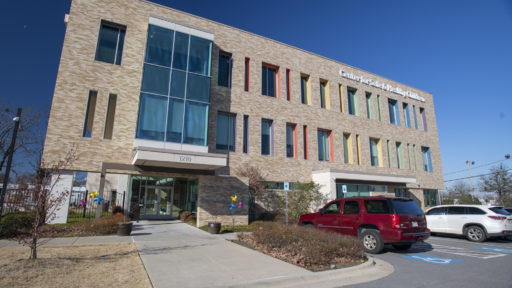Condition: Disruptive Behavior
Providers Diagnosing or Treating Disruptive Behavior
Note that every provider listed below may not perform or prescribe all treatments or procedures related to Disruptive Behavior. Review each provider for availability.
Filter the Providers
Locations Where Providers Treat Disruptive Behavior
Note that the treatment of Disruptive Behavior may not be performed at every location listed below. The list may include locations where the treatment plan is developed during and after a patient visit.
Filter the Locations

Child Study Center Outpatient Therapy Clinic
1210 Wolfe St.
Center for Safe and Healthy Children
Little Rock, AR 72202
- Appointment Phone Number
- 501-364-5150
New and Returning Patients

Walker Family Clinic
4224 Shuffield Drive
UAMS Psychiatric Research Institute
Little Rock, AR 72205
- Appointment Phone Number
- 501-526-8200
New and Returning Patients



